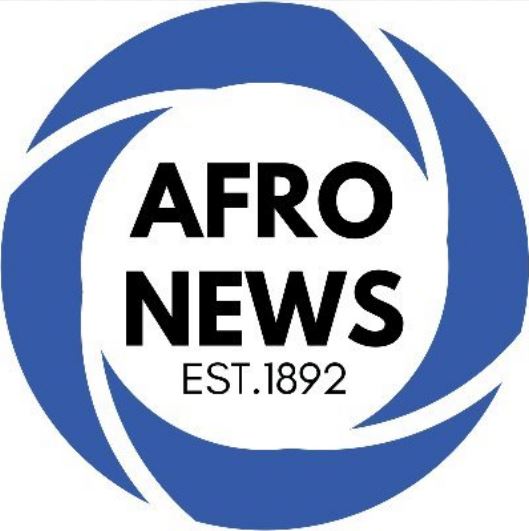Six Flags America may be facing a lawsuit over what two women say are discriminatory hiring policies. Janet Bello and Jackie Sherrill are crying foul because theme park representatives allegedly said they could only work there if they changed their dreadlocked hairstyle.
Bello said she went to the park to pick up an application for employment and was told she could fill one out online. Then she asked if there was anything that might prohibit her employment. “A manager walked out from the back and told me I could get a job as long as I was willing to change my hair,” Bello said.
“I asked, ‘What do you mean by that? How can I change my hair if this is the way God created me?’ That’s when he told me I could cut it off or get a perm and make it straight.”
Bello said she asked for the written policy, which listed dreadlocks under extreme hairstyles, along with Mohawks, uneven haircuts and unnatural hair colors.
Sherrill told WJLA 7 in Washington, D.C., that she worked at the theme park last summer with no problem. She was issued a letter for rehire, but when a supervisor saw her hairstyle, she was told she’d have to change her appearance in order to work at Six Flags this year.
“You allow me to pay to come into your park enjoy your services, but I can’t work for you,” Sherrill told WJLA 7. “There’s something wrong with that thought pattern.”
Six Flags would not address the individual claims of the two women, but in an e-mail spokeswoman Julia L. Filz said, “Because we wish to present to our guests at all parks a consistent appearance, Six Flags requires that hairstyles for all of our team members and management do not include variations in hair color, dreadlocks, tails or partially shaved heads. Other requirements of our grooming code include standard uniforms for front-line team members and no visible tattoos.”
Bello said she is going to seek civil action against Six Flags. She has already had preliminary contact with the Equal Employment Opportunity Commission and plans to see it through.
This wouldn’t be the first time litigation about hairstyle was tried under Title VII, the statue that prohibits employment discrimination. But according to the Maryland chapter of the American Civil Liberties Union (ACLU), those cases have generally yielded no positive results.
David Rocah, an attorney with the Maryland ACLU, believes Bello may have a strong case. According to Rocah, Prince George’s County has an ordinance that not only prohibits discrimination based on race, but also prohibits discrimination based on appearance.
“Even if these policies are not illegal, I think they are quite clearly racially offensive and should not be adopted,” said Rocah. “I think there is something grossly offensive by saying that locked hair is inherently unprofessional. There are lots of very professional African Americans in Maryland and around the country who wear their hair locked for a number of reasons.”
This is not the first time Six Flags has found itself in hot water over discrimination. In 2004, the corporation settled a $5.6 million class-action lawsuit filed by thousands of patrons, who said they were racially profiled at its Magic Mountain location in California.


